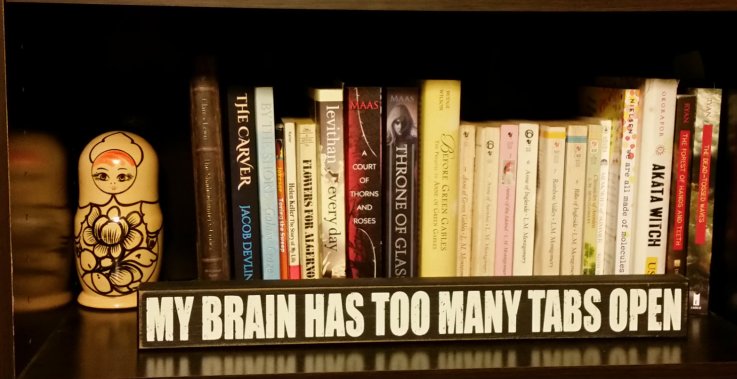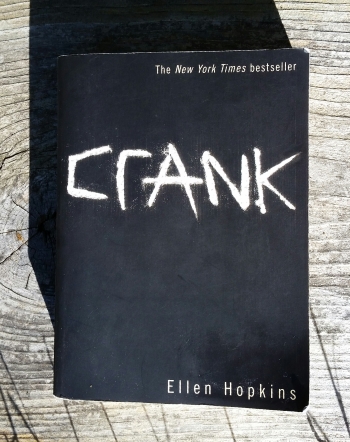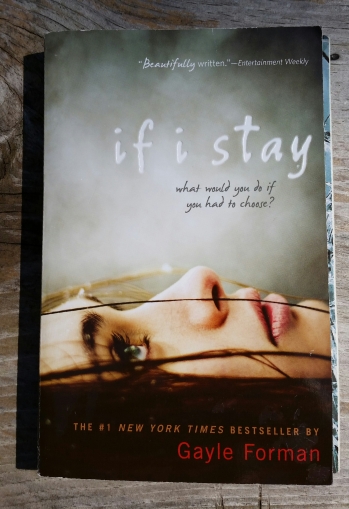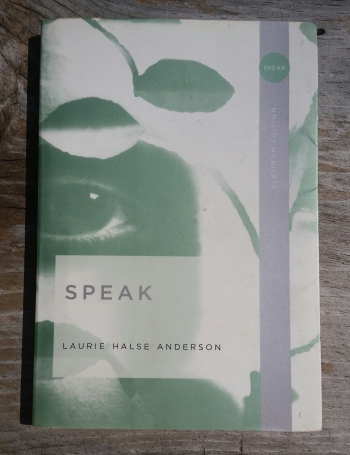
(Photo from goodreads.com)
Summary (from goodreads.com): Like everyone else in her town, River is obsessed with the Graces, attracted by their glamour and apparent ability to weave magic. But are they really what they seem? And are they more dangerous than they let on?
Ephemeral and mysterious–just like magic–The Graces fuels that simultaneously exciting and nauseating feeling that we can never fully understand our own world. The story’s landscape, dotted with ancient standing stones and beat upon by a relentless and violent sea, is especially effective in casting doubt as to humanity’s place in nature and in history. Meanwhile, the protagonist looks for a sense of belonging on a smaller scale, struggling with more immediate problems such as social isolation and self-confidence. For River, the Graces represent a chance to discover the secrets not only of magic, but of her own self-worth, and the intricacy with which these concepts are tied into her identity elevates Eve’s novel from “interesting” to “important.” In this article, Eve discusses the function of witchcraft as feminine power, a prevalent theme in The Graces. River’s growth from observer to reactor to agent is shrouded under the guise of the power conferred on her by magic, but in reality it is the development of self-awareness and the recognition of her own individuality that gives her real power–along with the ability to control it.
I will grant that this book has quite a long build-up. In my opinion, though, the payoff is well worth the wait. And Eve uses the time well, creating a mystique around the titular family while ramping up a sense of unease with regard to the narrator. River’s caginess in revealing details about herself (she won’t even tell the reader her birth name) is amplified by the tension between her and the surrounding characters, until the reader begins to doubt her reliability. And in my mind, a subversive narrator is one of the best kinds.
Finally, I cannot close without praising Ms. Eve’s writing style. Her prose is straightforward and grounded–except when it isn’t. Glimmers of poetic, ethereal language elicit the thrill of incantation, weaving magic over the reader in subtle moments that catch us by surprise. The mixture of realism and otherworldliness is confusing and tantalizing, and it draws the reader–you guessed it–under its spell.
Favorite Line: “Inside, buried deep down where no one could see it, was the core of me, burning endlessly, coal black and coal bright.”
Rating: 5/5

 (Photo by Carla Rennick)
(Photo by Carla Rennick) (Photo by Carla Rennick)
(Photo by Carla Rennick) (Photo by Carla Rennick)
(Photo by Carla Rennick)